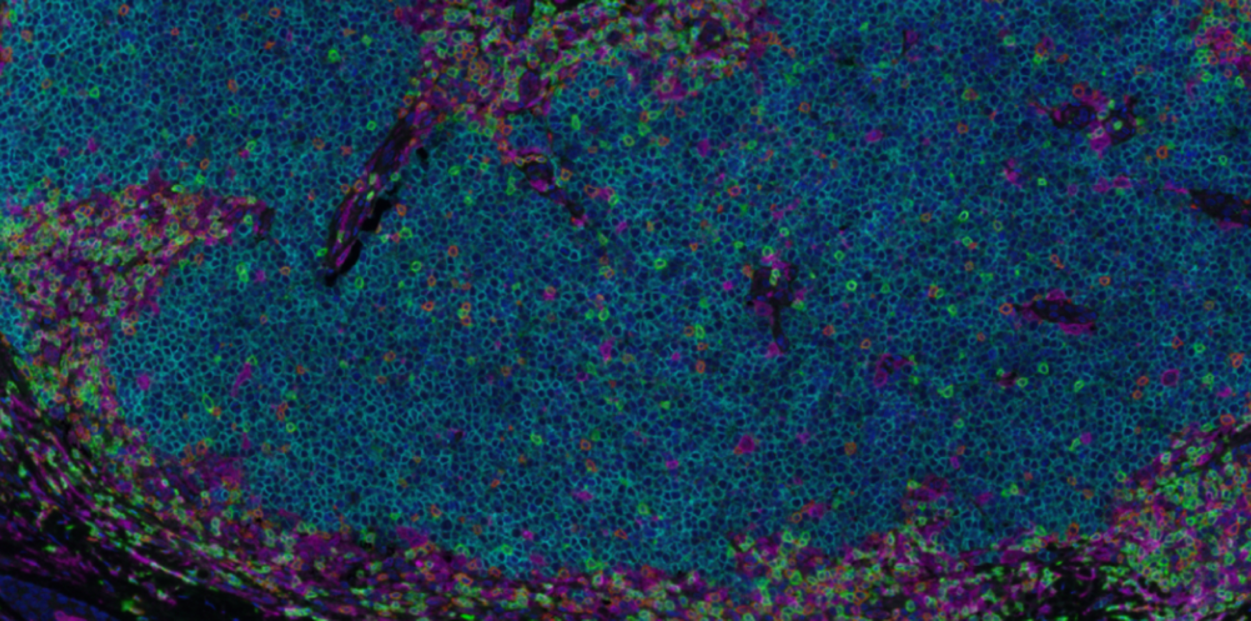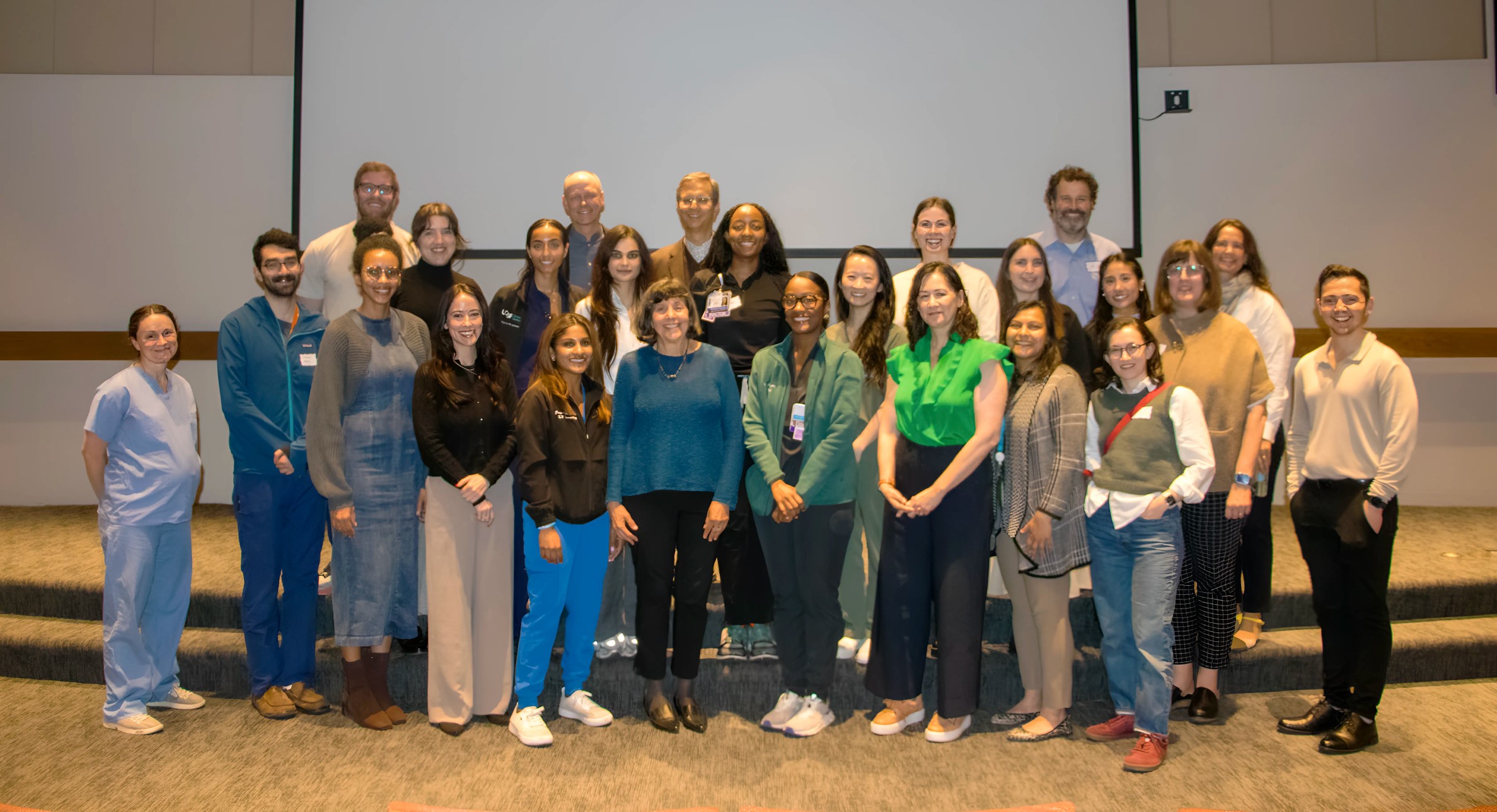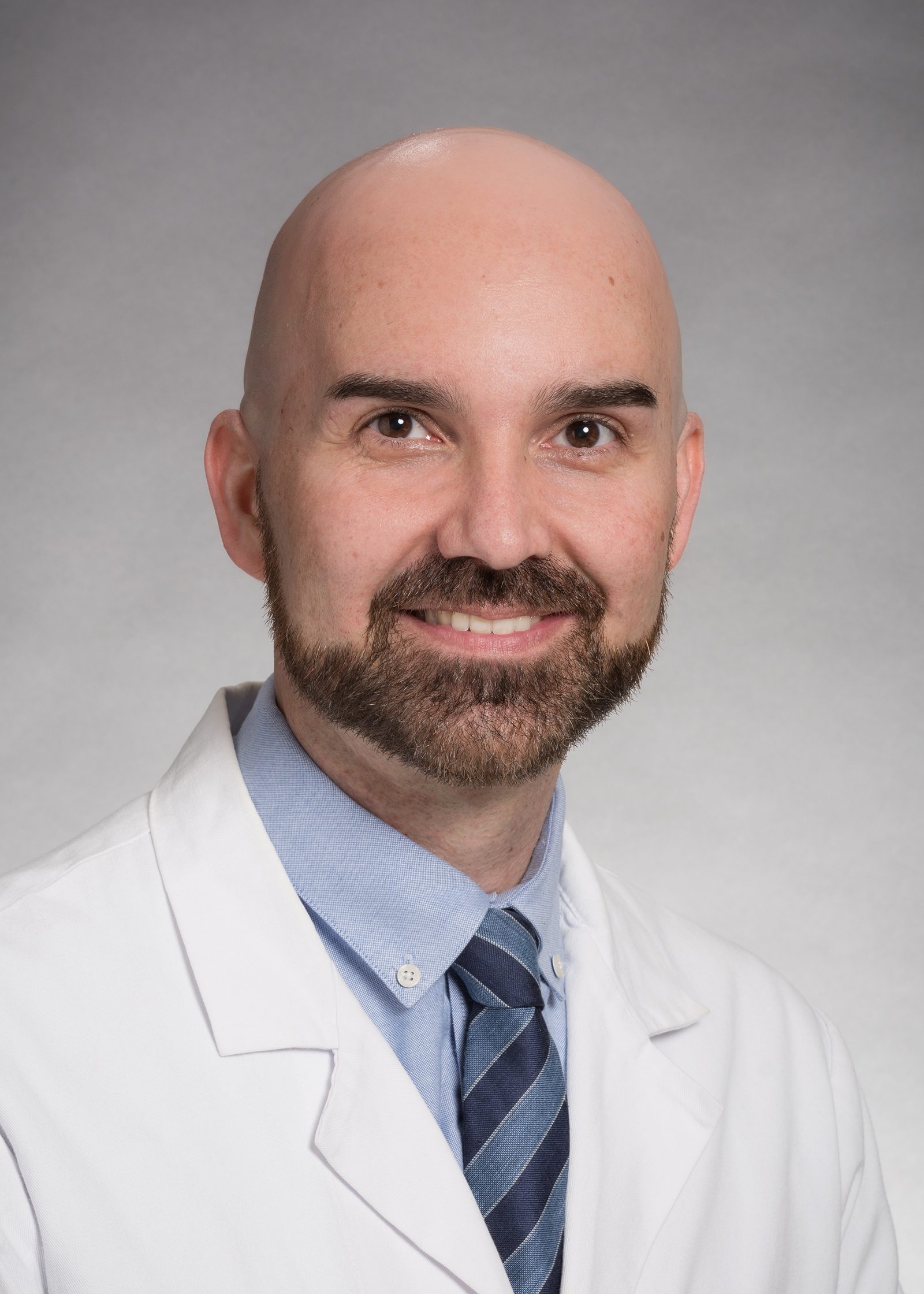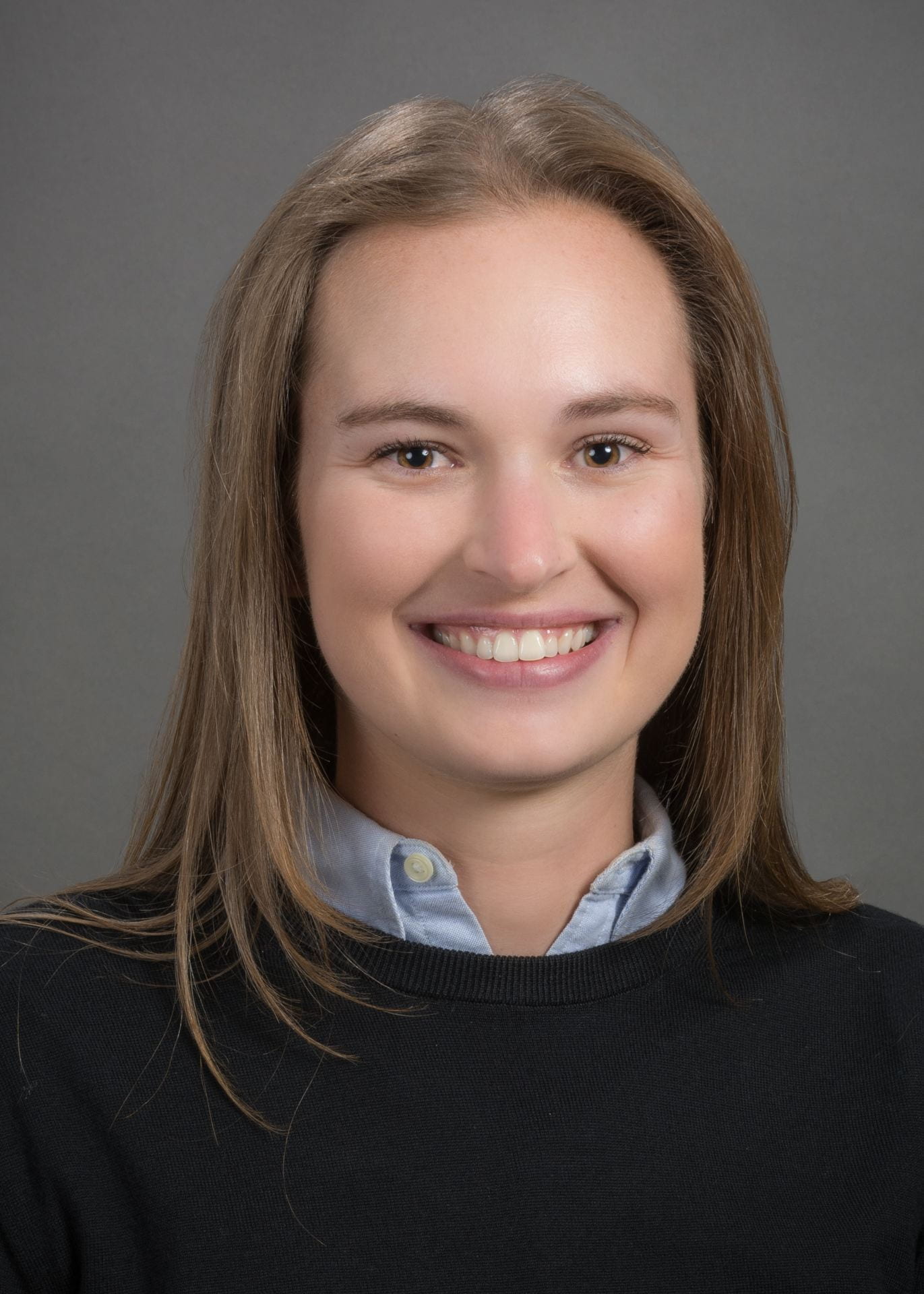Dr. Simpson Awarded Grant for Genetic Skin Disease Research
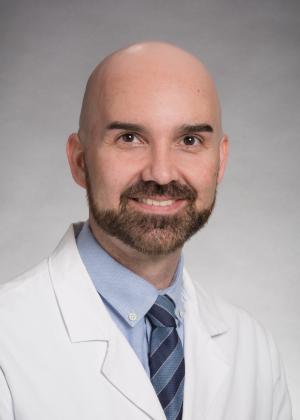
 The UW Division of Dermatology is excited to announce that Dr. Cory Simpson, Assistant Professor and Lead Investigator for the Simpson Lab, has been chosen to receive the Institute for Stem Cell & Regenerative Medicine’s (ISCRM) Genomics Core Pilot Award to support his ongoing research focused on two inherited skin blistering syndromes (Darier disease and Hailey-Hailey disease).
The UW Division of Dermatology is excited to announce that Dr. Cory Simpson, Assistant Professor and Lead Investigator for the Simpson Lab, has been chosen to receive the Institute for Stem Cell & Regenerative Medicine’s (ISCRM) Genomics Core Pilot Award to support his ongoing research focused on two inherited skin blistering syndromes (Darier disease and Hailey-Hailey disease).
The Genomics Core Pilot Award provides up to $12,500 to support the research of any UW faculty and ISCRM member pursuing novel experiments in the areas of genomics, epigenomics, transcriptomics, or using other next generation sequencing (NGS)-based methods. Dr. Simpson’s research will utilize gene-edited human keratinocytes to model Darier and Hailey-Hailey disease with the goal of characterizing downstream pathogenic effects of mutating their associated genes and identifying new potential treatment strategies.
Dr. Simpson is one of four UW faculty chosen to receive support through the inaugural award cycle. The funding opportunity was made possible through the generosity of the John H. Tietze Foundation. View a complete list of award recipients below.
The ISCRM (affectionately called “ice cream”), one of the largest research institutes at the University of Washington, is a global leader in stem cell research and regenerative medicine and provides access to state-of-the-art core research facilities and equipment to its members. Over the last decade, the Institute has offered many grant opportunities and patented more than 250 discoveries with commercial potential. The ISCRM is now a West Coast hub for scientific discovery and training, home to more than 130 labs (including 50 in Seattle’s South Lake Union neighborhood), many hundreds of undergraduate, graduate, and postdoctoral trainees and 100,000 square feet of lab space.
Genomics Core Pilot Award Recipients
Beno Freedman: To study how high blood sugar related to diabetes leads to kidney disease with the goal of identifying protective or regenerative treatments.
Cory Simpson: To identify potential treatments for two skin fragility syndromes (Darier disease and Hailey-Hailey disease) that result from known mutations.
Jen Davis: To understand how mechanical changes in heart disease impact the epigenetics and function of heart cells.
Xinxian Deng: To study how the mutation of a gene that leads to early-onset developmental and epileptic encephalopathy (typically diagnosed as Cornelia de Lange syndrome) leads to different levels of severity.



